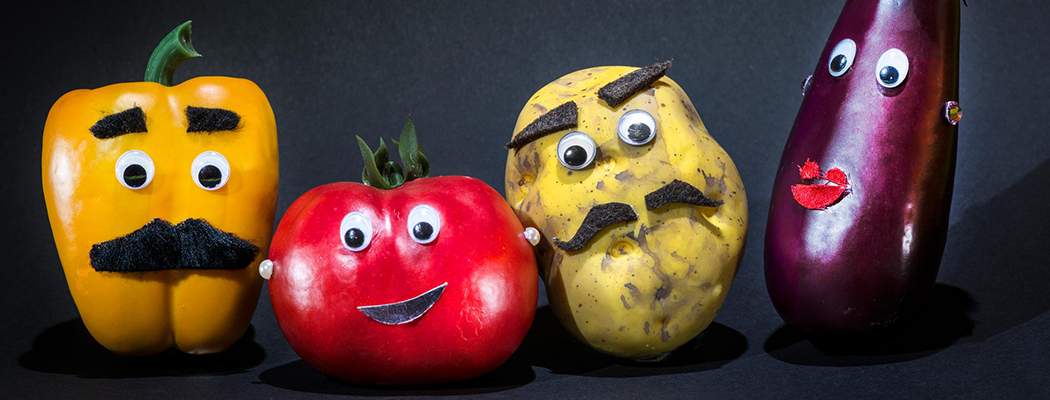
What are Nightshades and Are They Good for You?
Have you ever heard of nightshades? To be honest, it's a term I didn't hear until recent years, so I completely understand if you haven't heard of it yet. These are simply a group of fruits and vegetables in the family of plants known as solanum. Plenty of rumors abound as to whether these shady garden growers are good or bad for you, but I'm here to give you the basic insight on what they are.
Which fruits and veggies fall into the nightshade category?
• Tomatoes – You'll get plenty of vitamins A and C plus lycopene, the antioxidant that can reduce inflammation markers and lower your risk for health issues.
• Eggplants – With plenty of dietary fiber, eggplants keep things moving and could contribute to heart health.
• Potatoes – Potatoes possess plenty of potassium, manganese, and vitamin B6, though the skin should be on to get the most out of them (just clean it vigorously!).
• Peppers – All peppers have an abundance of vitamin C and can help you better absorb iron. In the case of chili peppers, the capsaicin they contain ironically may quell heartburn.
So, what about those rumors? They have largely to do with causing inflammation. Everybody is different, so this isn't a hard and fast rule. Nightshades contain alkaloids, which may affect those with certain conditions differently. The same goes for another compound they contain called solanine that can irritate arthritis pain, cause inflammation, or lead to digestive issues. It might be best for those with autoimmune diseases to eliminate them from their diets.
Those with inflammatory bowel disease (IBD) may want to avoid them as well, you may find eating these foods cause more gastrointestinal distress. If you've been diagnosed with autoimmune disorders or IBD, you can try an elimination diet to avoid nightshades and see if that helps you feel better.
For those who can eat nightshades without aggravating health conditions, you'll be treated to a diet rich in vitamins and minerals plus gobs of fiber. If you do find eliminating nightshades helps you feel better, and you don't have any conditions you're aware of, it might be time to visit your doctor to determine the root cause.
A lot of people can safely eat nightshades without consequence. For those who can't, you can substitute potatoes for sweet potatoes, use pesto sauce rather than tomato sauce when making Italian dishes, eat citrus fruits, and fill your plate with leafy greens. Another way to lower alkaloid content in nightshades is to avoid green tomatoes, peel your potatoes completely, and cook them thoroughly before consuming.
What’s your experience with eating nightshades?

